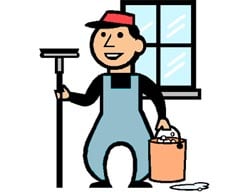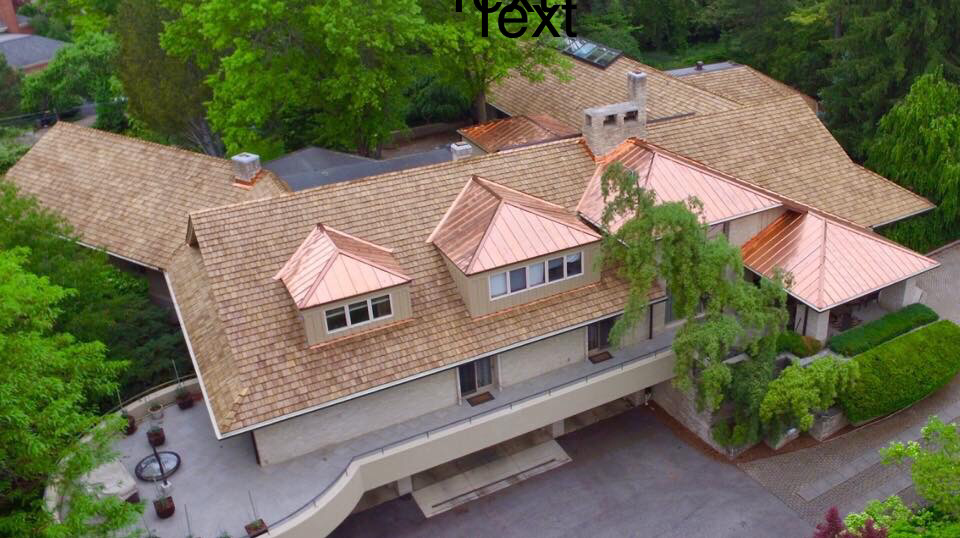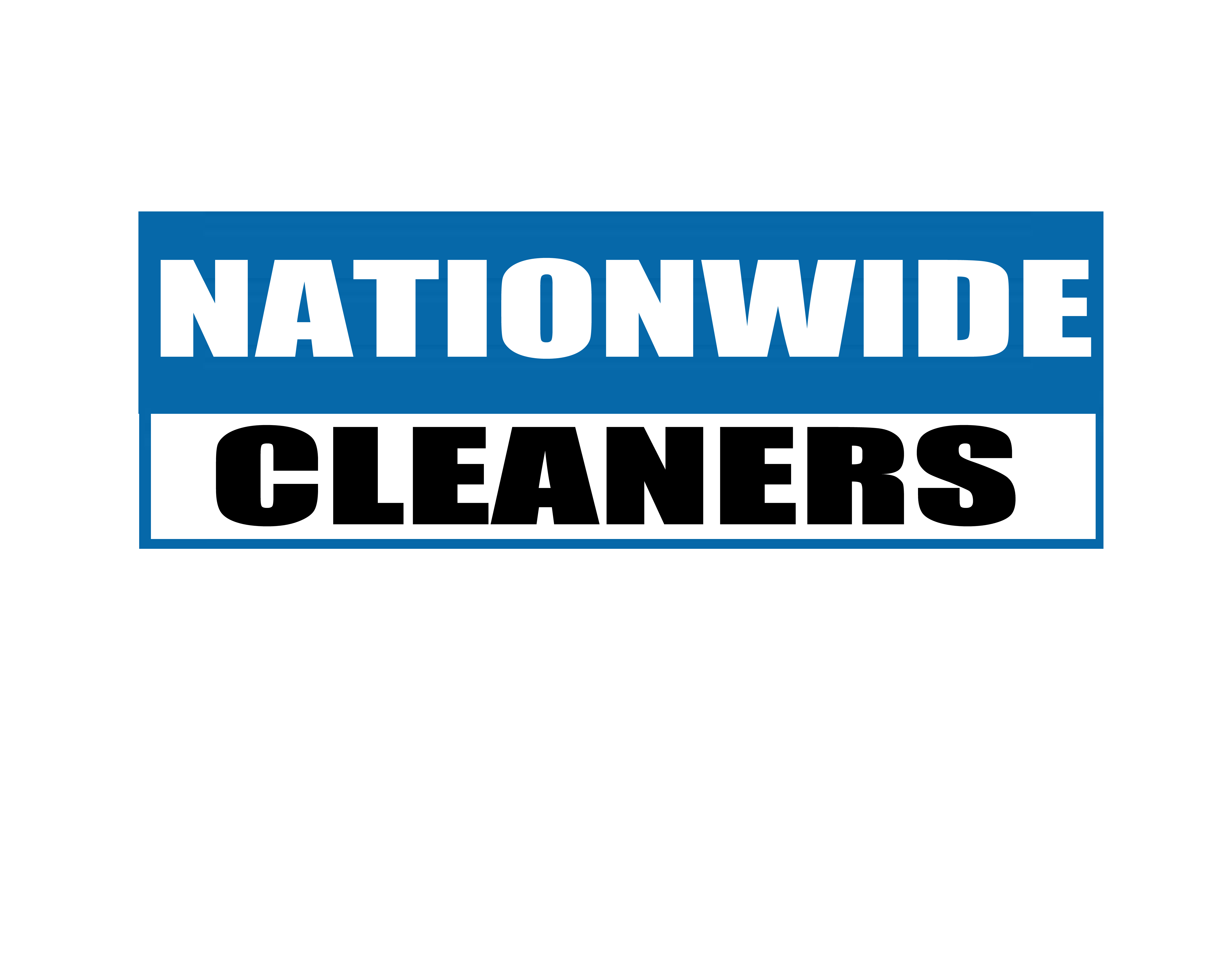
Get matched with top energy efficiency auditors in your area
Enter your ZIP and get matched with up to 5 pros
Need a pro for your energy efficiency auditing project in Bigelow, ar?
TRUSTED BY BIGELOW, ar HOMEOWNERS
4.2
Average homeowner rating13
Verified energy efficiency auditing services reviews
Verified Reviews for Energy Efficiency Auditing pros in ,
*The Angi rating for Energy Efficiency Auditing companies in , is a rating based on verified reviews from our community of homeowners who have used these pros to meet their Energy Efficiency Auditing needs.
*The HomeAdvisor rating for Energy Efficiency Auditing companies in , is a rating based on verified reviews from our community of homeowners who have used these pros to meet their Energy Efficiency Auditing needs.
Last update on November 07, 2025
Find Energy efficiency auditors in Bigelow
No results for Energy efficiency auditor in
Try adjusting your search criteria.The Bigelow, ar homeowners’ guide to energy efficiency auditing services
From average costs to expert advice, get all the answers you need to get your job done.
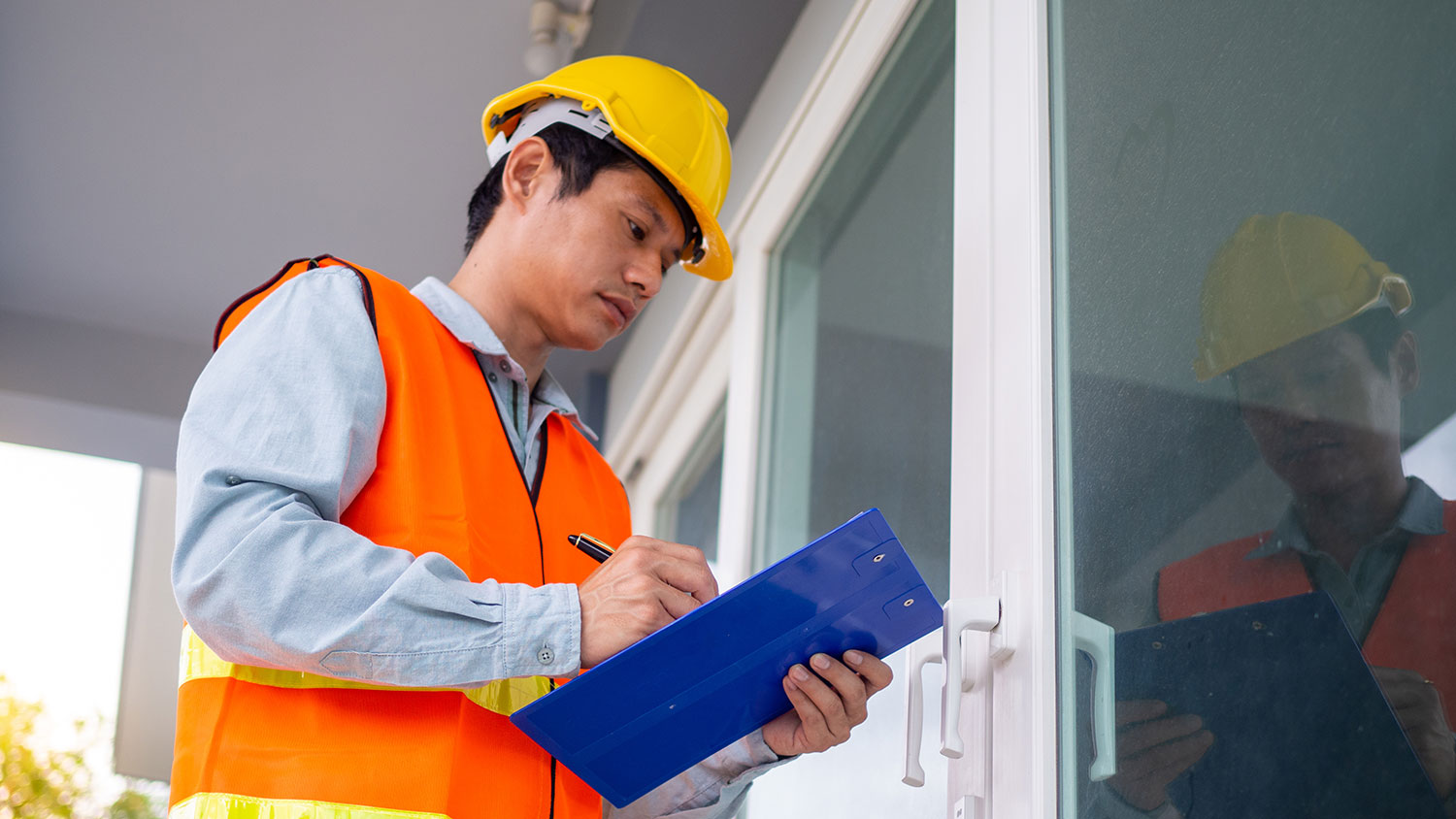 •
•Discover the average home energy audit cost, what impacts pricing, and how to save money on your audit. Get transparent, expert-backed cost info for homeowners.

Find out where homeowners spend the least and the most on house utilities like water, electricity, internet, cable, and natural gas.

A home energy audit is a detailed write-up of how to lower your utility bills and increase your comfort level. Find out if they’re worth the cost.
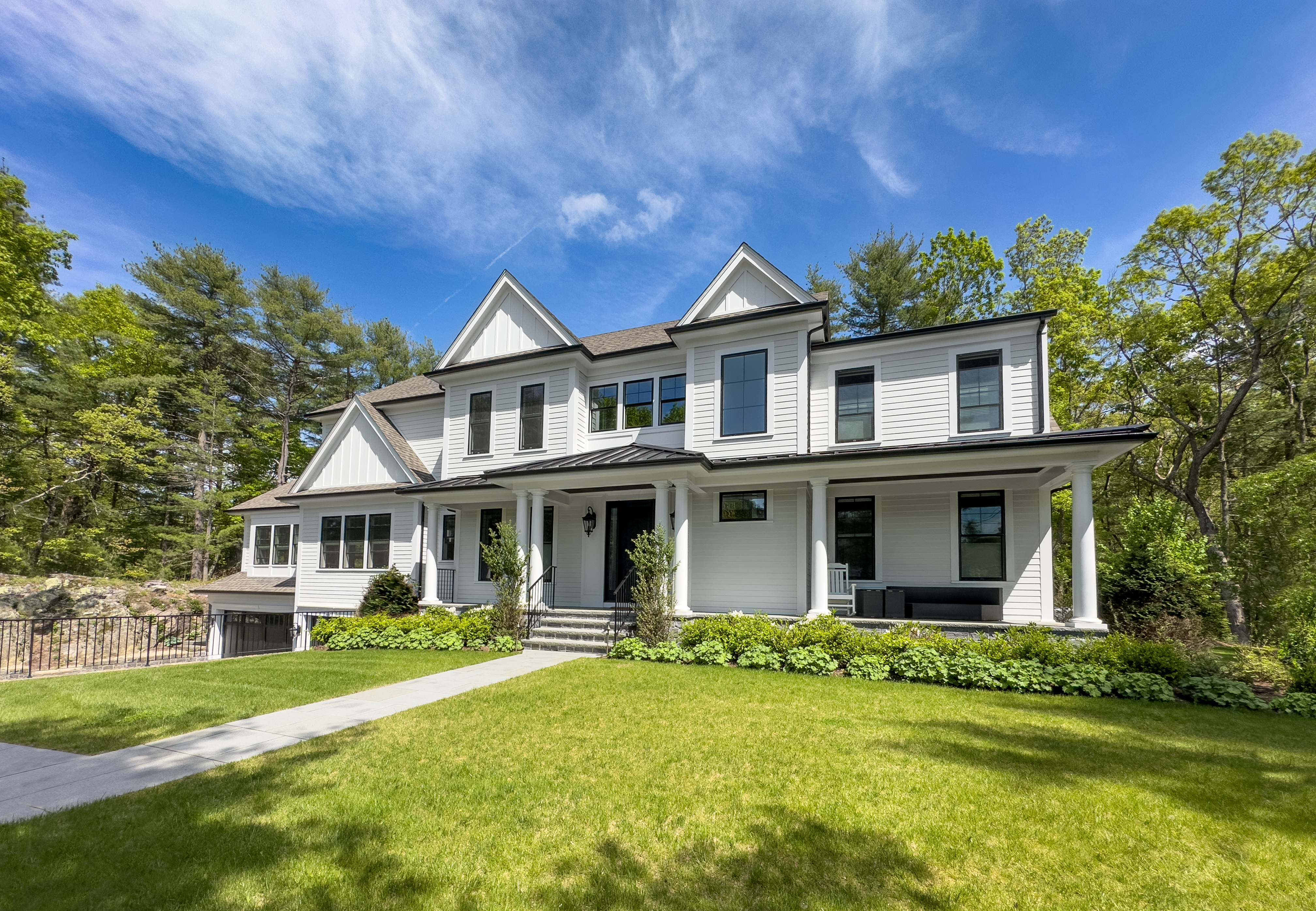 •
•Get a detailed breakdown of thermal imaging home inspection costs, including average prices, cost factors, and tips to help homeowners budget.

Home energy audits can identify ways to make your home more energy-efficient. Learn whether an energy audit is a good investment for your home.


